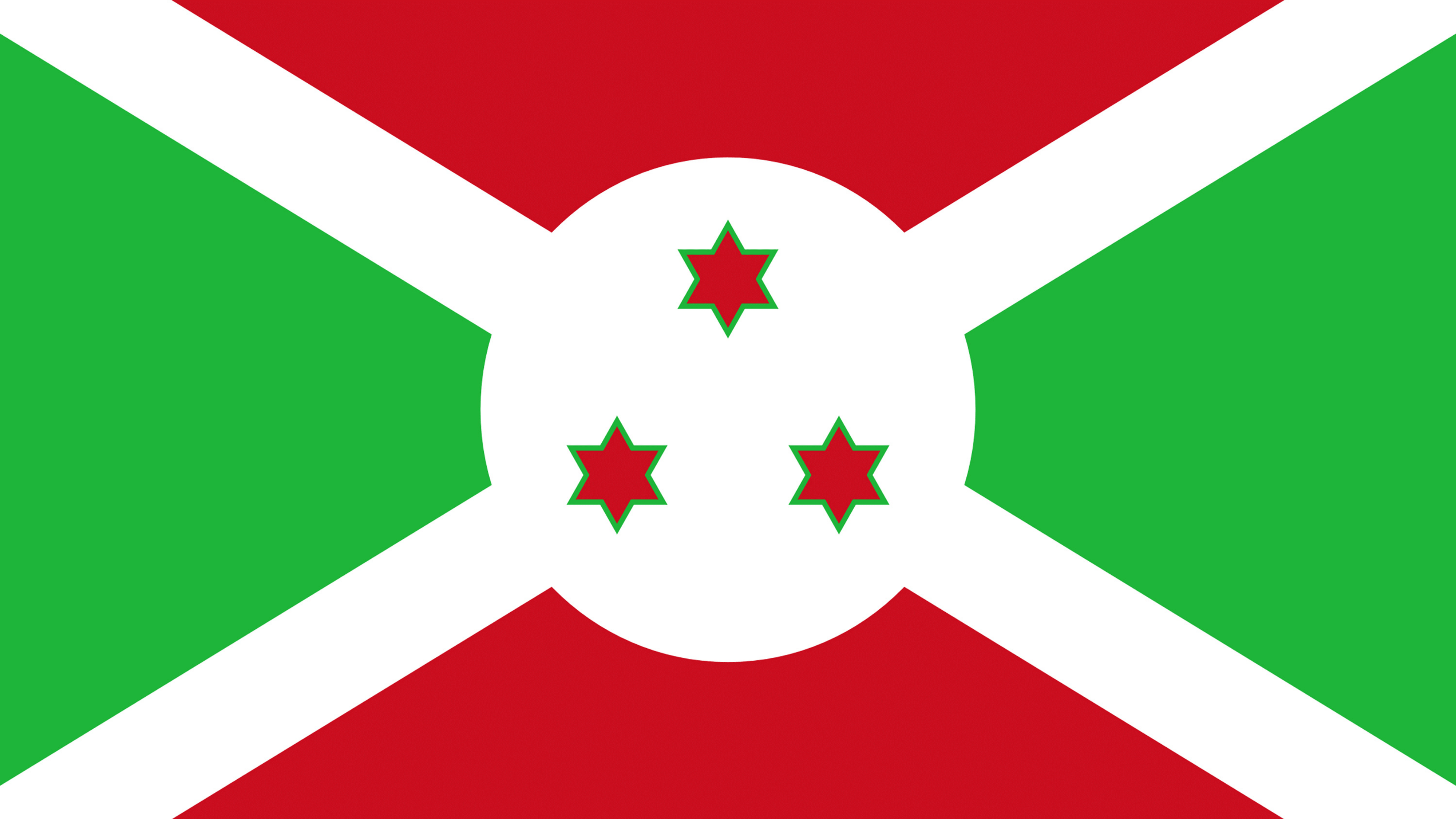As originally published in the East African, January 31st- 6th February Edition
Can you begin by telling us about your organisation?
The East and Horn of Africa Human Rights Defenders Project (EHAHRDP) was established in 2005. This November, we will celebrate our tenth anniversary. We are an NGO registered and based in Kampala, Uganda, and we work across eleven countries in this part of Africa. I am the founder, and Executive Director.
At our core, EHAHRDP seeks to strengthen the work of human rights defenders (HRDs) throughout the region by reducing their vulnerability to the risk of persecution by enhancing their capacity to effectively defend human rights. We do this in a variety of different ways- through providing practical and financial support to HRDs at acute risk, through training individuals and organisations on methods of reducing their vulnerability to risk, and through researching and advocating for the rights of human rights defenders at forums such as the African Commission on Human & Peoples’ Rights, and at the UN Human Rights Council.
Tell us about your new report on Burundi
Our new report, 2015: Burundi at a Turning Point: Human Rights Defenders Working In the Context of Elections, is released this week. It is, I can confidently say, the most detailed and comprehensive human rights report that EHAHRDP has published to date. Based on six months of intensive work in Burundi, our report documents a hostile and intimidating environment for Burundian human rights defenders. Many are routinely subject to harassment, intimidation, stigmatization, and legal obstacles placed by the Burundian government.
Many international observers and human rights groups spoke out against the arrest of Burundian activist Pierre-Claver Mbonimpa in 2014. Where do you stand on that?
Pierre Claver Mbonimpa is rightly recognized as one of Burundi’s leading human rights defenders. He is a brave and principled man, and the recipient of internationally recongised human rights awards. He was arrested and detained, in essence, for exercising his right to freedom of expression, and for speaking out on a topic that made the government uncomfortable. His detention and ‘trial’ became an international symbol of the manipulation of justice in Burundi. I am pleased that he has been released, but the charges against him should be dropped. The recent arrest and detention of Bob Rugurika, the director or Radio Publique Africaine (RPA) is extremely worrying, and indicative of the same trend.
How do you see the prospects for Burundi’s forthcoming elections in May?
I am deeply concerned. The run up to the May 2015 general elections has led to a worrying increase in political violence across the country. Many human rights defenders fear that the current targeting of civil society is a deliberate effort to stifle voices of dissent before the elections. The independent media in Burundi have been struggling to cover the elections. Journalists who have expressed criticism of the way in which the ruling party is controlling the electoral process have been banned from attending and covering its political meetings. Other journalists have been intimidated in their attempts to cover meetings by the opposition parties. My fear is that the elections are highly likely to try the relative stability Burundi has known since the end of widespread armed conflict in 2005.
Do these finding reflect a broader patter across East Africa?
The space for civil society, and for human rights defenders is shrinking globally. It is certainly not just an East African phenomenon.
What recommendations do you have to the Burundian government about how to address the problems EHAHRDP has identified?
We are a very pragmatic organisation. Our intention is not simply to identify problems, but also to recommend realistic and concrete actions to improve the situation for human rights defenders. A large number of these are set out in our new report.
Are there any positive signs in Burundi?
Absolutely. The National Independent Commission for Human Rights (CNIDH) was set up in May 2011, and acts as Burundi’s National Human Rights Institution. CNIDH is doing some great work, including working on a draft bill to give legal status to human rights defenders, which would improve the domestic legal framework, and available protection mechanisms for human rights defenders.
Moreover, Burundi has one of the most outspoken and inspirational communities of human rights defenders in the region. Never afraid to speak truth to power, their work serves as a beacon for what could be a brighter future for the country.

